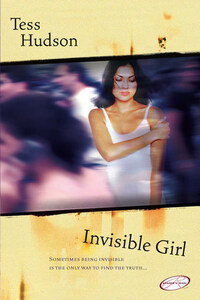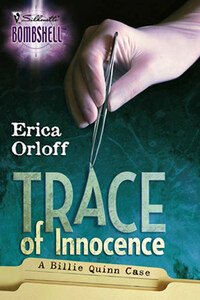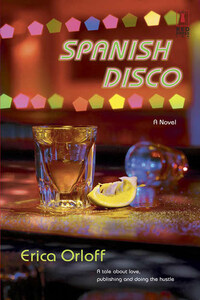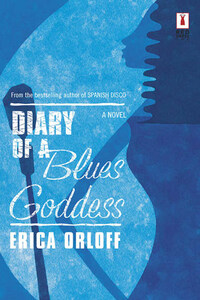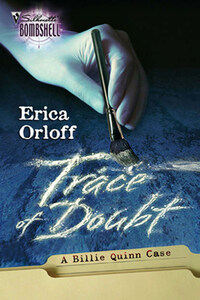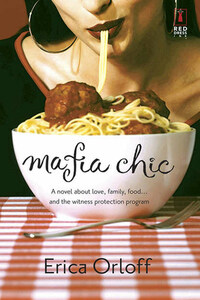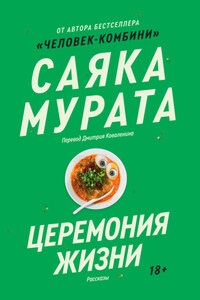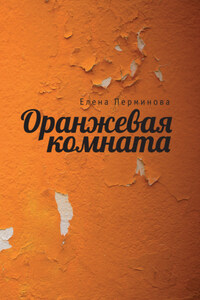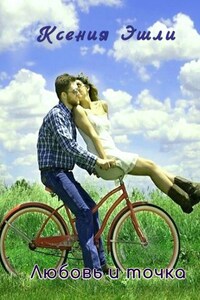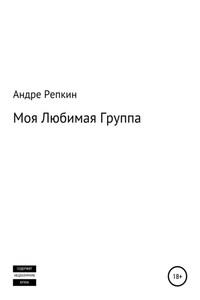A long time ago I was befriended by a Vietnam-era veteran who taught me a great deal about writing and art and even faith. I was an impressionable twenty years old at the time, and I glimpsed a different side of the war from what I remembered on the evening news when I was a little girl. I owe a great deal of the imagery of this book to Ed. Far away, but still in my thoughts.
As always, I thank my agent, Jay Poynor, for his support. And I especially must thank, from the bottom of my heart, my editor Margaret Marbury. For some reason, I have never written about the mother-daughter relationship, always choosing in my books to write about fathers and daughters. Margaret urged me to add the character of Mai, and when that happened, it was like a dam bursting. This novel is really the story of mothers and daughters and bonds that are never broken.
I must thank my own mother, whose friendship is one of my adult life’s most precious gifts. I also pause to remember my grandmother, Irene Cunningham, whose absence never stops being a great emptiness in my heart. I also want to thank Alexa, Nicholas, Isabella and Jack…by loving my children so totally, the story of Mai was able to come to life.
My father…somehow his stories of Manhattan are always interwoven in my books. This one is no exception.
My sister Stacey Groome is one of my biggest cheerleaders. She has read every one of my books, and I am so lucky to have her as a friend.
Other family and friends: my sister Jessica, Kathy J., Kathy L., Nancy, Cleo, Pammie.
I’d like to acknowledge the wonderful team at MIRA, my publisher. I especially love my cover. Thank you to Sasha Bogin for her insights and editorial direction, and for her enthusiasm for this book. And the members of Writers’ Cramp. I began this novel three times, always agonizing about weaving the past and present. Jon, especially, encouraged me to travel deeper into the past and into Vietnam and Laos as I wrote, and the book is better for it.
Finally, I would like to acknowledge J. D. He patiently let me read aloud to him, and felt every tear and heartbreak that my characters did. I love you.
If a man speaks or acts with an evil thought, pain follows him.
—Buddha
In war, truth is the first casualty.
—Aeschylus
We will not learn how to live together in peace by killing each other’s children.
—Jimmy Carter
How could man rejoice in victory and delight in the slaughter of men?
—Lao Tzu
I’m fed up to the ears with old men dreaming up wars for young men to die in.
—George McGovern
To Mai, the East River was as mysterious as the moonlit river near her childhood village in Vietnam, but it was colder—and more dangerous. In New York, she didn’t need to fear snipers or a sudden assault from American helicopters, like hawks circling above, waiting to swoop, the smell of napalm burning. She needed to fear the river itself, as if it were alive, living, in the way Buddhists taught that all things were living and connected.
Mai knew no single current controlled the river, no orderly flow ordained by the moon and the tides. Instead, currents fought against each other, colliding and viciously warring with each other, waiting to pull anything into the river’s depths. Beneath the surface were cars and old appliances, trash, worn tires, the silt making visibility impossible. NYPD scuba divers who came to search for jumpers couldn’t see their own hands inches from their faces. Mingled in the waters, too, down in the silt, were bodies. Murder victims and jumpers in the East River were as much a part of New York lore as alligators in the sewer system. Mai knew bodies lurked.
No one survived the East River. No one. The currents would drag a body down deep, as if claiming it for some unseen angry god. She feared the bodies. The dead luring her, their skeletal fingers beckoning, whispers in the night, join us.
Mai tried not to think of her children. She longed for a last hug, to hold them tightly on her lap and breathe in their innocence. She felt her resolve weakening. Then she pictured Jimmy. He was her brave soldier, her hero, and from the first day she saw him appear through the tall reeds into her village, she loved him. Thoughts of Jimmy, of his fearlessness, like a tiger in the grass, stalking, patient, courageous, filled her.
